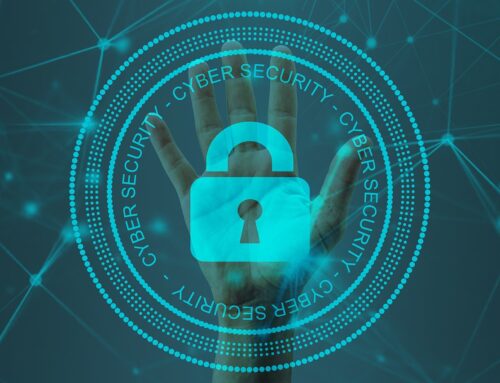Blockchain analysis tools in a nutshell
Blockchain analysis solutions provide a full suite of transaction monitoring, risk assessment, and investigations tools. The core idea is to associate blockchain addresses with real-world identities and provide tools to analyse the transaction activities.
The following are the primary functions of a blockchain analysis tool.
• Address Classification: One of the main applications of blockchain analysis software is to associate blockchain addresses with real-world identities. Without it, nothing will make sense; therefore, these tools apply multiple techniques to identify real-world entities on the blockchain.
• Transaction monitoring and Risk analysis: Monitor every transaction related to your businesses and assess risk based on the fund’s origin, money flow, and the history of sender or recipient wallets.
• Investigation tools: provide visualization tools to investigate transactions and blockchain addresses manually.
There are many blockchain networks out there, each considers themselves the best in terms of scalability, unique features, or capabilities. Let us talk about the most important criteria for selecting a blockchain platform.
First, evaluate the needs of your business and develop a clear picture of how blockchain might improve your operations.
Look for tools that offer:
1. An existing network: Blockchains provide strength in numbers. If there’s an existing blockchain project that meets your needs, it’s more secure and beneficial to work to join an existing network than try to build your own.
2. Scalability: Because of their consensus-driven nature, blockchains are less scalable than traditional databases. Different blockchain implementations offer different tradeoffs between security, decentralization and performance. Examine your requirements closely; more performance often means sacrificing decentralization or security.
3. Tooling and documentation: Blockchain frameworks are still a rapidly developing technology, and often the expected maturity of tooling and documentation does not exist yet. Take a look at the tools and ecosystem for your blockchain framework before making your choice.
4. Confidential data: Public blockchains store data in the open for all to see — which may not be what you want for your business. Most enterprise blockchain frameworks allow sharing of private data between parties; you’ll want to make sure that these features meet your requirements.
5. Support: Most blockchain frameworks are open source and have a diverse ecosystem of resources and support. Other blockchains are built as proprietary networks, and you’ll want to make sure you’re able to get proper support through piloting, deployment, transition and beyond.







Leave A Comment